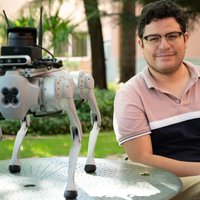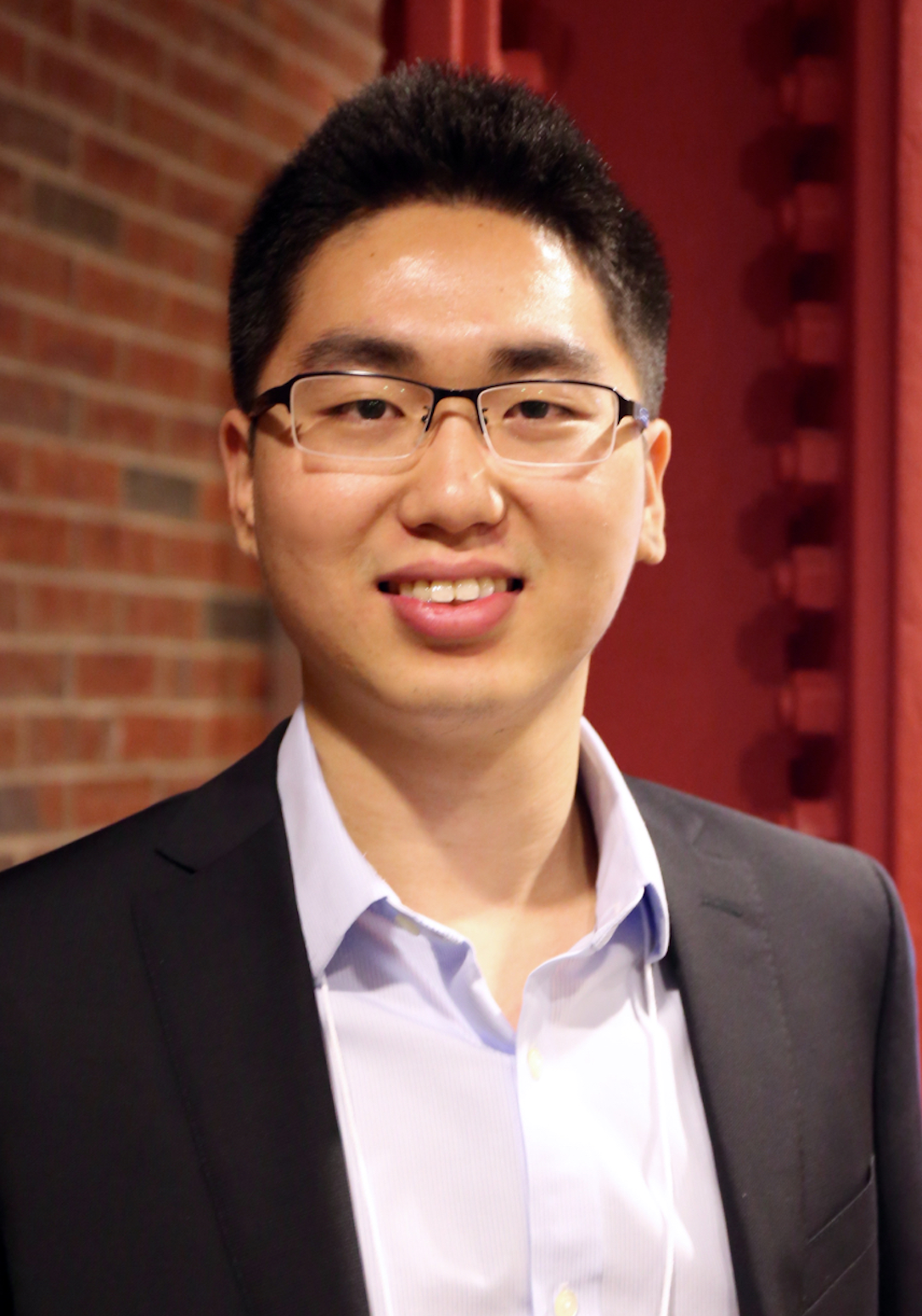Artificial intelligence & robotics
Xiang Ren
Redefining human-AI collaboration by building generalizable NLP systems that have common sense.

Europe
Gerardo Portilla
Director of Hardware Engineering & Robotics, Petaoptik

Brazil
Vítor Cunha
Aims to help artists achieve success in their independent careers through his app.

Global
Forrest Meyen
Helping make space exploration more affordable and give the space mining industry a boost.

